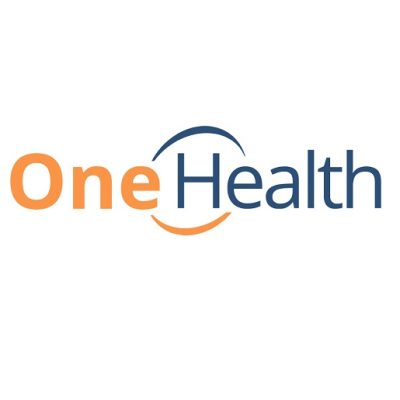The UK government is ramping up efforts to tackle England’s extensive NHS waiting lists, currently affecting 7.5 million patients. The Prime Minister has announced plans to expand community diagnostic centres, increase surgical hubs, and enhance private sector collaboration. Labour leader Sir Keir Starmer also unveiled ambitious proposals, aiming to reduce long waits by nearly half a million within a year. These measures, combined with patient-centric reforms like expanded use of the NHS App and streamlined follow-up appointments, promise to transform healthcare delivery and ease the backlog.
The NHS has struggled with mounting delays, leaving millions waiting for critical care. The proposed plan focuses on practical solutions, including establishing more diagnostic and surgical facilities outside traditional hospitals to expedite care. Community diagnostic centres will provide up to 500,000 additional appointments annually, with GPs empowered to refer patients directly. New surgical hubs will prioritise common procedures like cataract operations, ensuring resources are safeguarded from emergency demands.
Central to the initiative is patient choice, revitalising a programme introduced two decades ago but underutilised. Enhanced NHS App features will grant patients greater control over consultations, bookings, and results. This digital approach aims to reduce missed appointments and improve system efficiency. Officials project these steps will add two million extra appointments yearly, addressing critical gaps in service availability.
The government’s pledge to achieve the 18-week treatment benchmark by March 2026, reversing an unmet target since 2015, reflects a renewed commitment to accountability. By prioritising independent sector partnerships, particularly for joint operations and gynaecological procedures, the plan seeks to alleviate hospital pressures. While acknowledging potential ideological pushback, leaders emphasise patient needs over politics.
Medical professionals welcome these ambitions but highlight concerns over staffing shortages. Scaling these initiatives requires not only physical infrastructure but also a robust and well-supported workforce. Healthcare leaders urge swift action to bridge these gaps, ensuring the necessary resources to deliver on promises.
While critics have questioned the pace of progress and funding clarity, the NHS’s chief executive, Amanda Pritchard, praised the reforms as transformative. With an emphasis on efficiency and patient empowerment, the government’s strategy represents a critical step toward restoring trust in England’s healthcare system.
The NHS remains a cornerstone of British society, providing universal access to essential care. These measures, if executed effectively, could alleviate longstanding issues, modernise service delivery, and improve patient outcomes, reaffirming its role as a global healthcare leader.
One Health Group PLC (AQSE:OHGR) are a team of Consultant Surgeons and Healthcare managers working with the NHS to provide faster, local and expert care in Orthopaedics, Spinal, General Surgery and Gynaecology.



